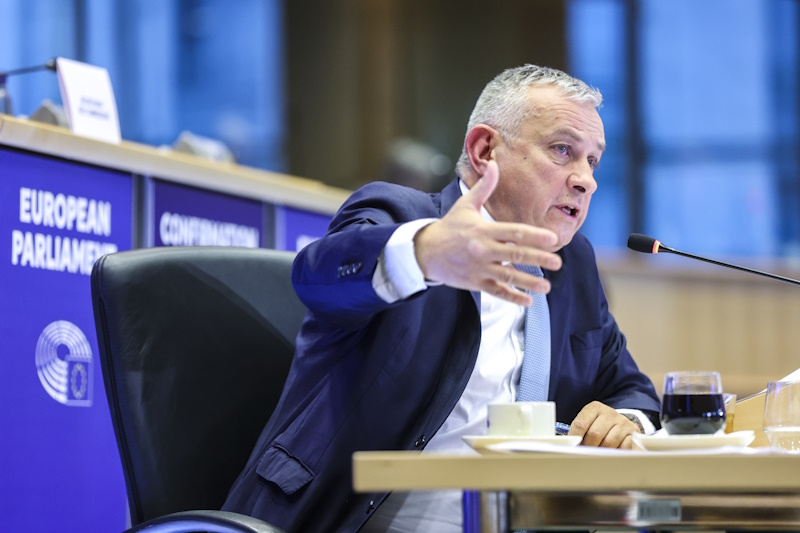“`html
Brussels – The aim of the European Union, according to the new Czech Eurocommissioner Jozef Síkela, is to help developing countries in economic and social development, thereby creating new jobs. This is the best way to suppress the root causes of migration, Síkela said in an interview with Czech journalists in Brussels. The Czech Eurocommissioner, who is in charge of the international partnership portfolio, will head to Mauritania on his first foreign trip on Wednesday, December 18. He will deal with a number of projects that the EU supports in the African country with the local Prime Minister and government members, but they will also discuss the issue of illegal migration.
“The goal is to create added value in countries that have raw material wealth. This means local production, local valorization, but at the same time access through transport corridors to international trade, world markets, and thereby creating jobs, sustainable development, economic wealth, which is the absolute best way to suppress the root causes of migration,” said Síkela. According to him, migration usually has two reasons, it is either despair or ambition. “If you offer people a sustainable future, which consists of the fact that they have a job, have access to education, and perspective in their own country, then they have no reason to embark on adventurous journeys, where they often risk their own lives and the lives of their children,” added the Czech Eurocommissioner.
According to Síkela, the concept of the Global Gateway is to “strengthen Europe’s position in partner countries through projects that focus on economic and social development”. The first country to visit is Mauritania, a very important EU partner in the Sahel region, moreover, now the state chairing the African Union. “It plays a very important role in regional coordination and, of course, it is also a country that is facing migration problems and is to a certain extent a transit country for migrants who primarily head to the Canary Islands,” said Síkela. According to him, there are a number of projects in Mauritania that the EU supports. They concern, for example, the development of a transit network, the construction of a 1400-kilometer electric line from the capital Nouakchott to the city of Néma, or the digitization of the Mauritanian economy. (December 13)
“`
 go to the original language article
go to the original language article
